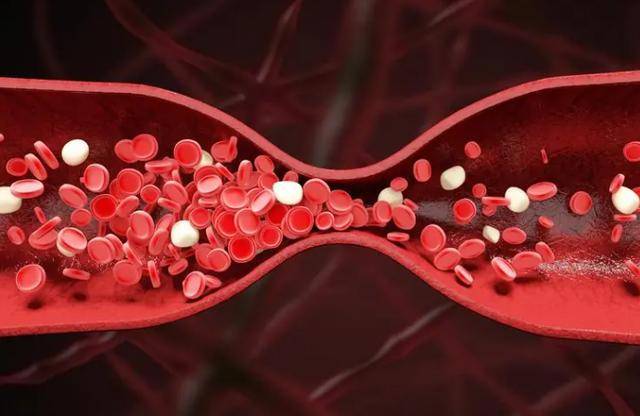Today’s fast-paced life puts people under high pressure. Although they want to change, they feel powerless to escape.
For instance, more and more young people are developing unhealthy habits such as staying up late, smoking, and drinking alcohol. They rely on their youthful bodies and excessively indulge themselves, but what they don’t realize is that beneath this excessive indulgence lies a crisis of vascular blockage.
Blood is transported through blood vessels to various parts of the body, maintaining normal bodily functions. To ensure human health, blood vessels must remain clear, and their walls must be smooth and intact. However, an increasing number of people are developing poor habits, which increases the likelihood of vascular blockage and endangers personal health.
The World Health Organization calls for: stop consuming dish 1, which can harm blood vessels even more than fatty meat, reminding families to eat less.
In daily life, fried mushrooms, due to their crispy and delicious texture, have become a favorite for many. However, the World Health Organization has issued a warning, calling for people to stop eating fried mushrooms, as their potential harm may even exceed that of fatty meat on blood vessels. Why is this?
Mushrooms themselves are nutritious and low in calories, beneficial for human health. However, after being deep-fried at high temperatures, their fat content rises sharply.
If these excess fats are not consumed in a timely manner, they can accumulate in the blood vessels, leading to thickened blood and increasing the risk of vascular blockage. Even more seriously, this can result in ischemia and hypoxia in the body, potentially triggering cardiovascular diseases such as cerebral infarction, posing a serious threat to people’s health.
How to scientifically maintain blood vessels? By doing these 4 things daily, blood vessels may gradually regain elasticity.
1. Maintain an exercise habit.
If you are not a patient with severe cardiovascular diseases, then in daily life, maintaining moderate exercise may be the best way to care for vascular health.
It is well-known that cardiopulmonary function is a basic indicator of a person’s athletic ability, and long-term aerobic training can consolidate and enhance this function. When the body’s oxygen supply is sufficient and metabolic activity is high, not only will the body become more proportionate, but the blood vessels’ self-cleaning ability will also significantly improve.
2. Quit smoking and drinking.
If you smoke, you need to quit promptly. If you are a passive smoker, you should keep your distance. Smoking has substantial harm to the body; it can cause blood coagulation, thereby increasing the risk of diseases like vascular hardening.
Drinking alcohol is also detrimental to blood vessels. Long-term drinking can lead to plaque formation in blood vessels and excessive pressure in arteries, increasing the risk of high blood pressure.
3. Ensure a reasonable dietary structure.
A diet high in fat, salt, and sugar is a major factor leading to vascular hardening. Therefore, in daily life, one should strive to maintain a low-fat, low-salt, low-cholesterol diet, limit intake of sweets and staple foods, and include whole grains and foods rich in vitamins.
Additionally, consuming more fresh vegetables and fruits is beneficial for replenishing the body’s necessary nutrients.
4. Maintain emotional stability.
Extreme emotional fluctuations can also increase the incidence of cerebral infarction. When a person remains in a state of tension, excessive fatigue, or depression for a long time, the body secretes large amounts of hormones, triggering vasospasm and affecting normal blood circulation, thereby increasing the risk of thrombosis.


